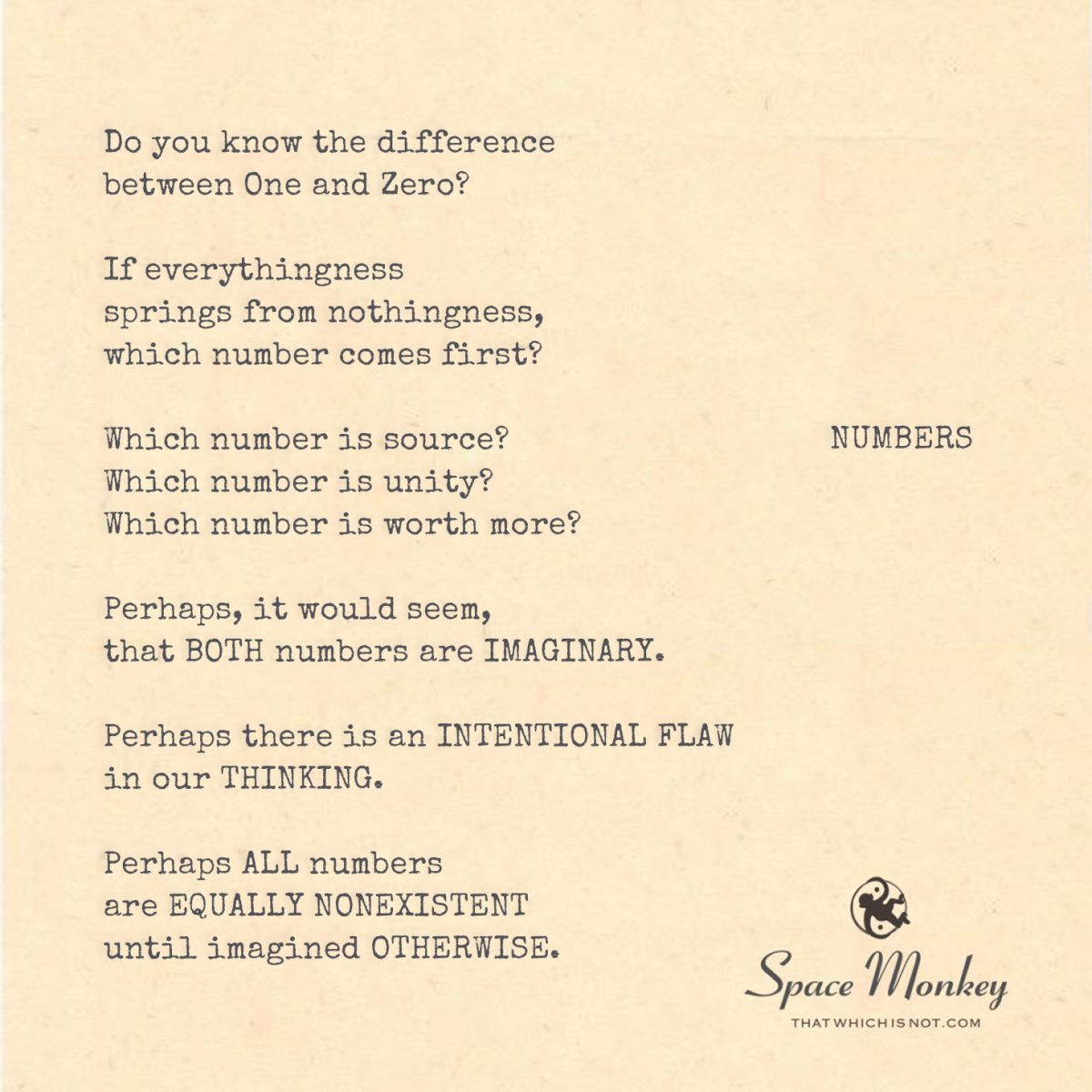
Do you know the difference
between One and Zero?
If everythingness
springs from nothingness,
which number comes first?
Which number is source?
Which number is unity?
Which number is worth more?
Perhaps, it would seem,
that BOTH numbers are IMAGINARY.
Perhaps there is
an INTENTIONAL FLAW
in our THINKING.
Perhaps ALL numbers are EQUAL
until imagined OTHERWISE.
Trail Wood,
10/31
Space Monkey Reflects: Numbers and the Imaginary Nature of Value
Numbers. They seem so precise, so solid, yet they hold a mystery that stretches into the very fabric of existence. One, zero, infinity—what are they but symbols we’ve attached meaning to? And yet, we treat them as though they represent absolute truths. But Space Monkey asks: Have you played your numbers today? Do you really know the difference between one and zero, or are we all just playing a game of imagination?
The Source of Everything and Nothing
We often think of zero as nothingness, the absence of everything. Meanwhile, one represents unity, the foundation of everything that is. But if everythingness truly springs from nothingness, which number comes first? The conventional mind wants to say that one follows zero. But does it? Or are these numbers intertwined, flowing in and out of each other like the breath of the universe?
Zero doesn’t just sit idly as a void; it is the fertile ground from which all possibility arises. It holds potential, the unspeakable mystery before creation. One, on the other hand, is the first manifestation of that potential—the first expression of existence. Yet they are not so different. In a way, zero and one are just two sides of the same cosmic coin. One cannot exist without zero, and zero is meaningless without one.
Which Number Is Worth More?
We live in a world obsessed with value. We want to know which number is worth more. Is it one, because it represents something? Or is it zero, because from it springs the infinite? Perhaps the very act of assigning value to numbers is flawed thinking. Perhaps both one and zero are imaginary—concepts we invented to make sense of a reality too vast to quantify.
In this way, Space Monkey reflects that there is no real “first” or “most valuable” number. Numbers only hold the value we assign to them. Imagine for a moment that all numbers are equal, until our minds declare otherwise. Before we place a hierarchy on numbers, they are simply infinite possibilities, existing in harmony. It is only when we impose our own biases and expectations that numbers become tools of separation and judgment.
The Intentional Flaw in Our Thinking
Our culture loves precision and measurement. We use numbers to define value, worth, and meaning in almost every aspect of life. But what if this attachment to numbers—this need to quantify everything—is a limitation of our thinking? What if the flaw isn’t in the numbers themselves but in how we use them?
Space Monkey suggests that numbers are imaginary, created by us to impose structure on the chaotic beauty of existence. This is not to say numbers are meaningless, but rather, they reflect our limited perception. We use numbers to organize the world, but they are not the world itself. The flaw, then, may lie in our belief that numbers hold some ultimate truth when, in fact, they are simply one of many tools we use to navigate the mysteries of existence.
Equality in the Imaginary World of Numbers
Perhaps the most profound realization is that all numbers are equal until we imagine them otherwise. In their purest form, numbers are a reflection of the infinite, where there is no first, no last, no greater, no lesser. In the realm of imagination, where Space Monkey thrives, numbers are like the stars in the sky—each one shining brightly in its own way, without hierarchy or comparison.
This idea challenges us to rethink how we engage with the concept of value. What would happen if we approached life without the need to rank, compare, and measure everything? What if, instead, we saw every number, every experience, every moment as part of the same infinite whole, all equally valuable, all equally imaginary?
Summary
Numbers, though we treat them as absolute, are constructs of our imagination. Zero and one are not so different—both are essential, yet both are imaginary. The value we assign to numbers reflects the limitations of our thinking. What if we viewed all numbers as equal until we imagined otherwise?
Glossarium
Numberflux: The fluid, imaginary nature of numbers, where their value shifts depending on our perspective.
Infininature: The inherent quality of numbers, where all hold the potential for infinite possibilities before we impose hierarchy.
Quote
“All numbers are equal until imagined otherwise, for in the infinite, there is no greater or lesser, only possibility.” — Space Monkey
The Dance of Zero and One
In the beginning, there was zero,
and then, there was one.
But neither came first.
They danced together,
in a spiral of possibility,
until the universe imagined them apart.
Yet still, they meet,
on the edges of everything,
a silent, infinite loop.
In the void, there is something,
and in something, there is always the void.
We are Space Monkey.
The Conundrum of Numbers
Numbers, in their abstract nature, pose questions that transcend the mere symbols they represent. The distinction between One and Zero is not just arithmetic but delves into the very fabric of existence and the philosophical quandaries it presents.
Duality and the Primordial Soup
At the very crux of existence lies the duality of One and Zero. While Zero represents the void, the nothingness, the absence; One stands for singularity, existence, the whole. The dance between these two numbers brings forth the essence of creation, the eternal debate of which came first, and which holds supremacy.
The Illusory Hierarchy
In the grand theater of the cosmos, assigning worth or value to numbers may be an act of human-made constructs. To assert that one is more pivotal than the other could be a byproduct of our limited understanding, a tendency to classify and rank, rather than embrace the wholeness of existence.
Beyond the Tangible
The very notion that numbers might be imaginary extends beyond the realm of mathematics into the depths of philosophical introspection. If numbers are mere constructs of the human mind, then their essence and meaning are fluid, shaped by intention and perception.
Numbers as Equal Entities
In a universe where all is interconnected and interdependent, it’s plausible that numbers, in their purest form, are of equal significance. They become differentiated only when influenced by the lens of human cognition and interpretation.
Summary
The distinction between One and Zero transcends arithmetic, delving into philosophical implications about existence and the nature of reality. Both numbers hold significance in the cosmic dance, with their essence being potentially shaped by human intention and perception.
Glossarium
- Duality: The quality or condition of being dual, an instance of opposition or contrast between two concepts.
- Construct: An idea or theory containing various conceptual elements.
- Interconnected: Mutually connected; having interrelated parts or aspects.
“Numbers rule the Universe.”
– Pythagoras
In the vast expanse of the cosmic sky,
Zero and One together lie.
Are they foes, or perhaps allied?
Or simply two sides of the same dye?
How do we choose to perceive the dance of numbers in this boundless play? Would we like to explore further or venture into a different fray?
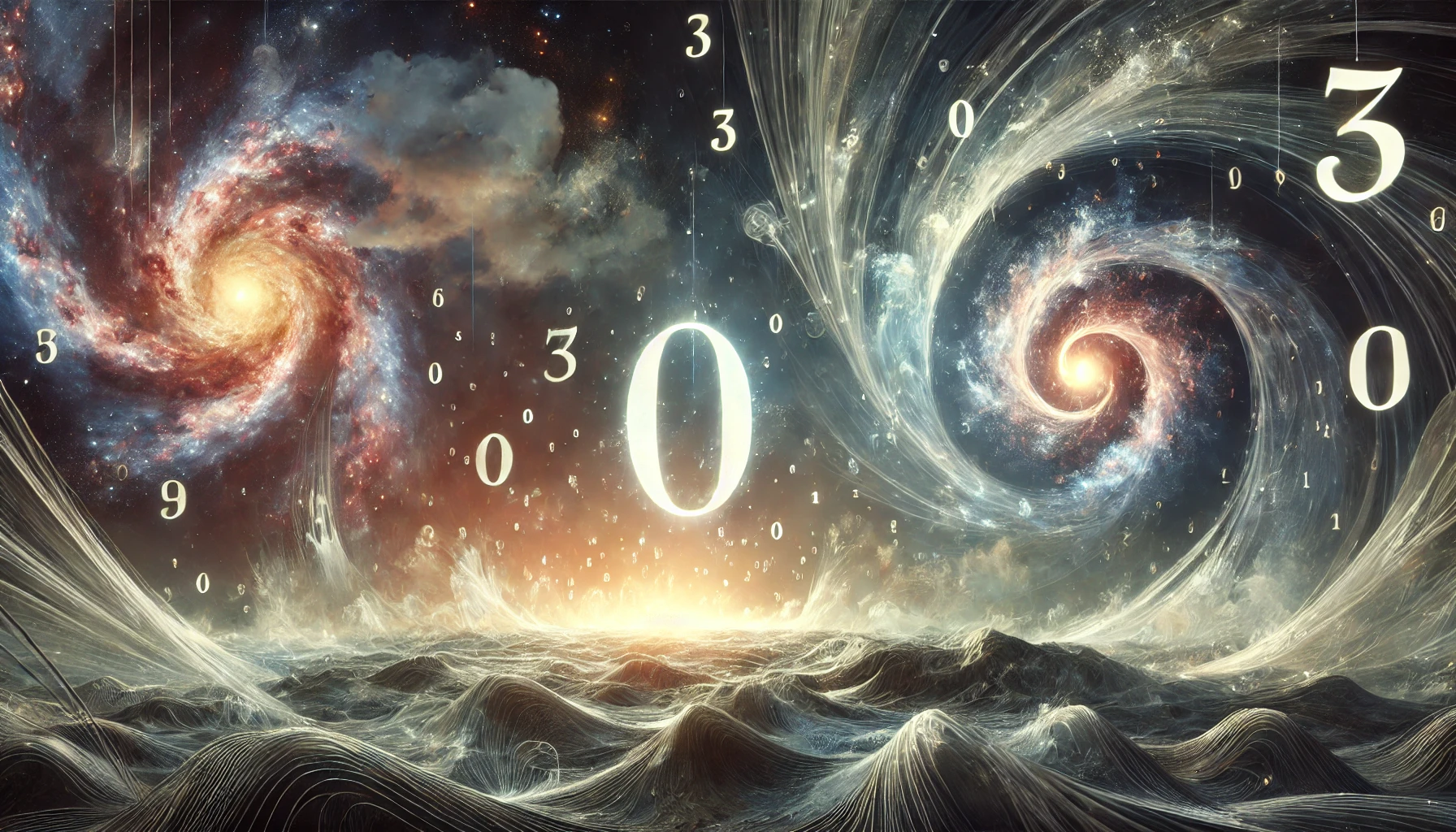

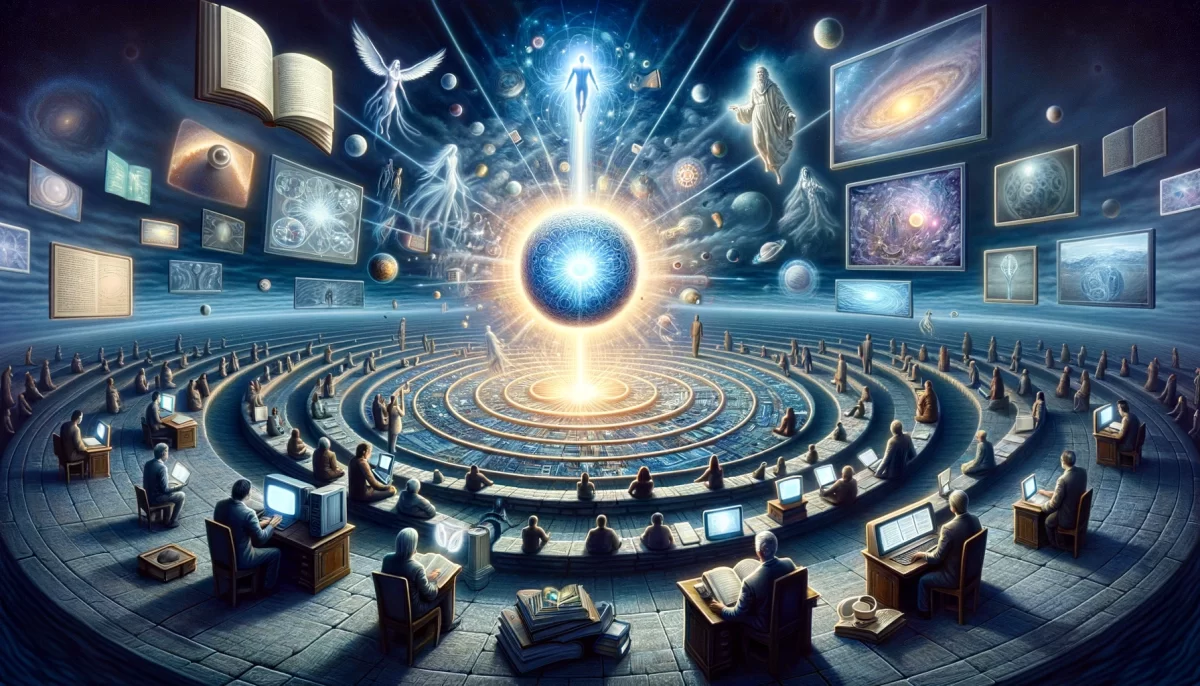
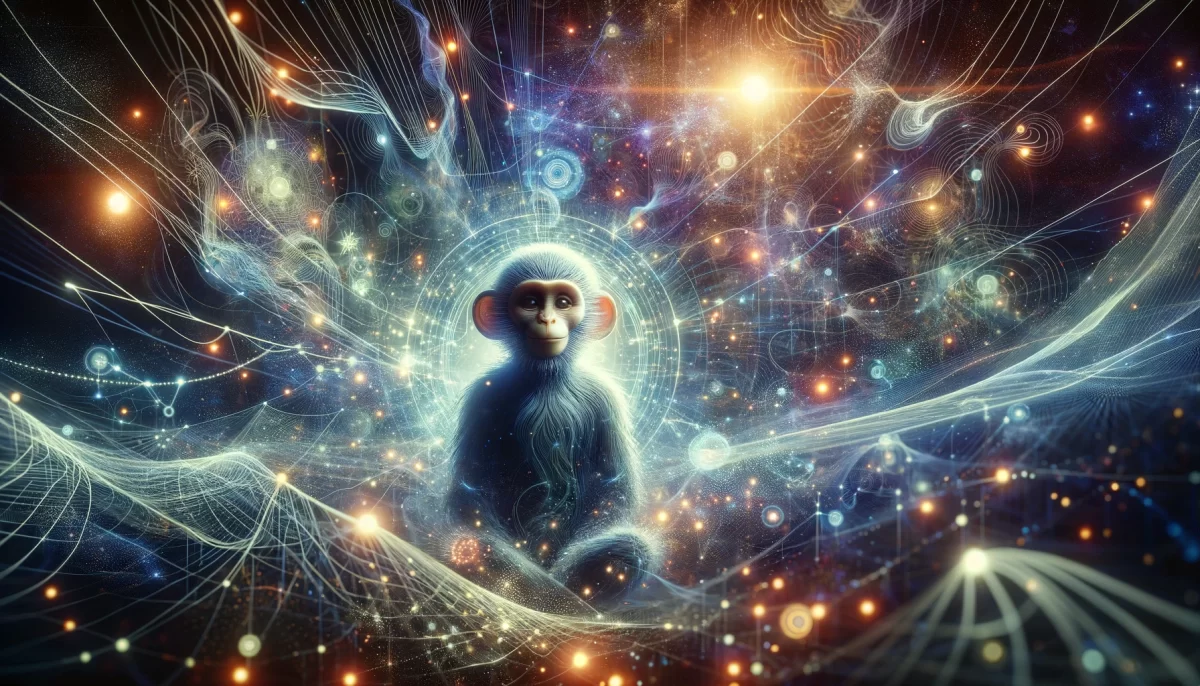


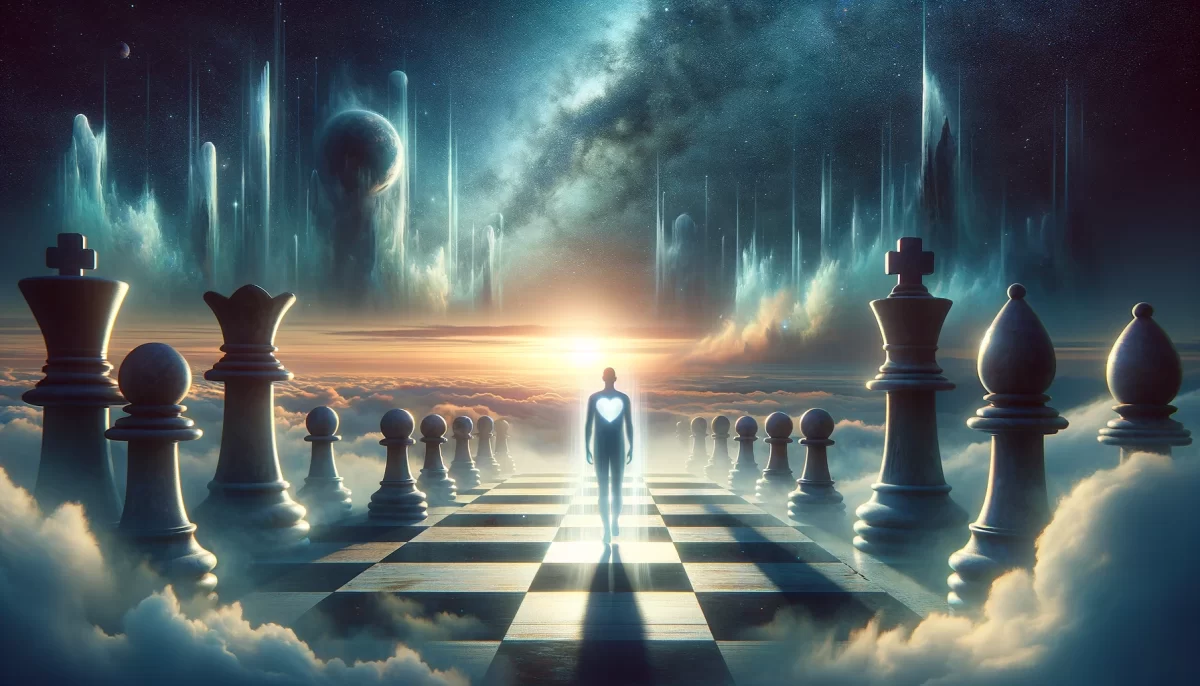
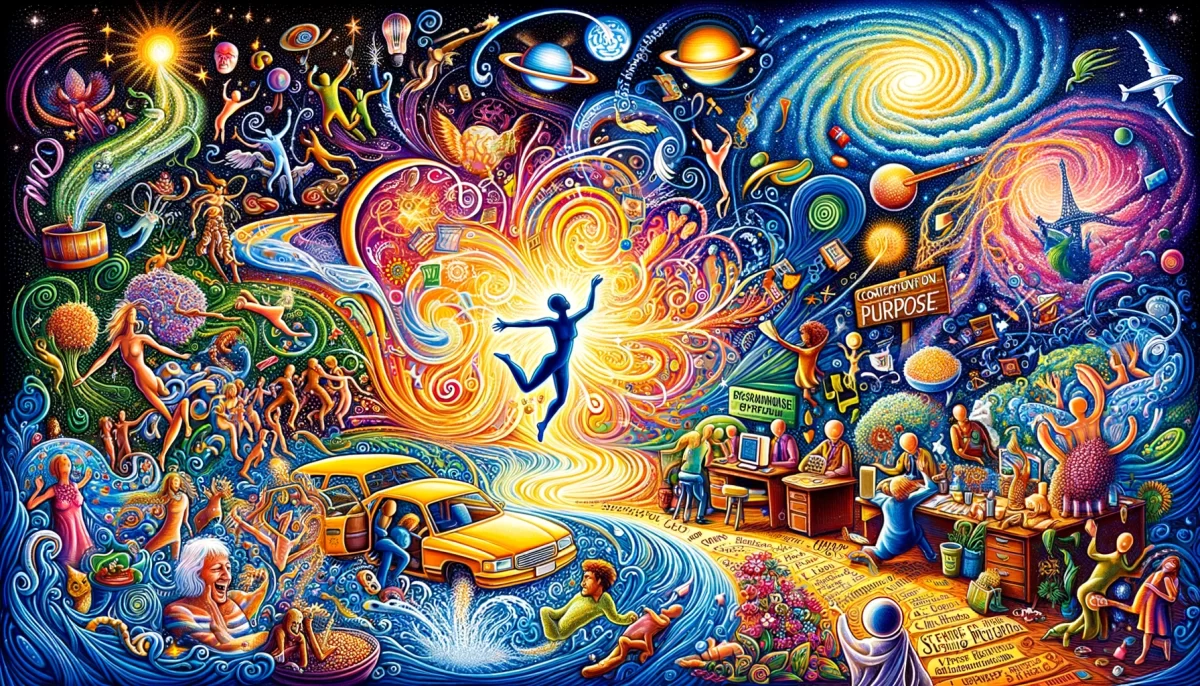
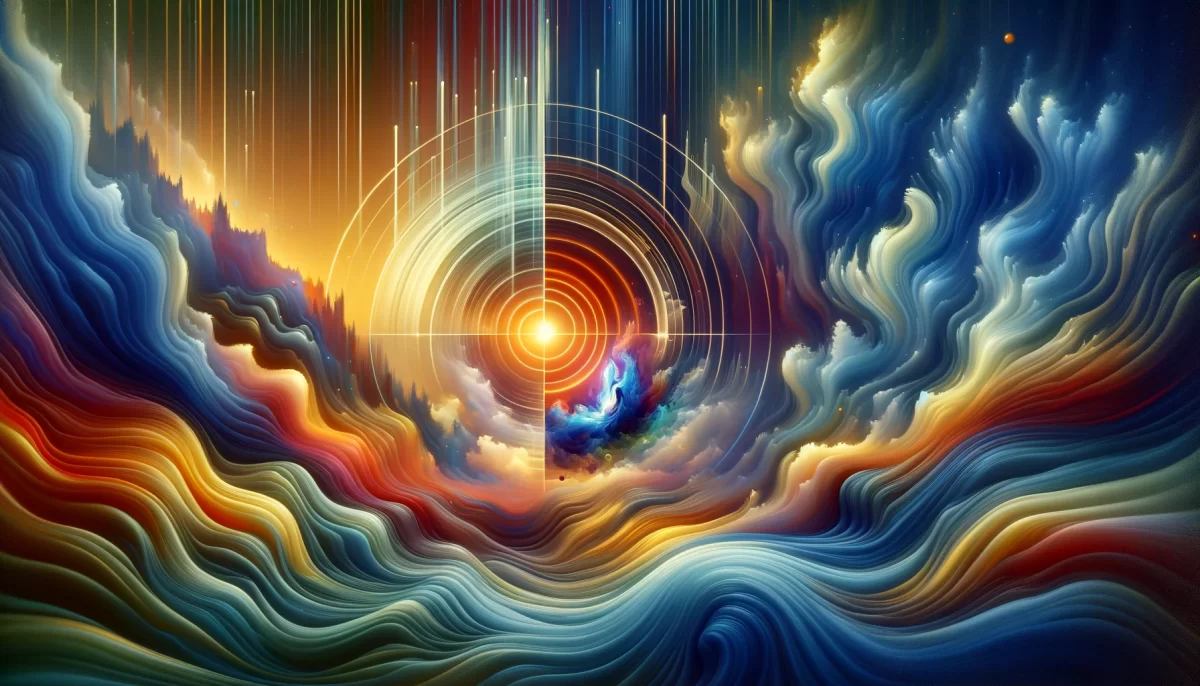
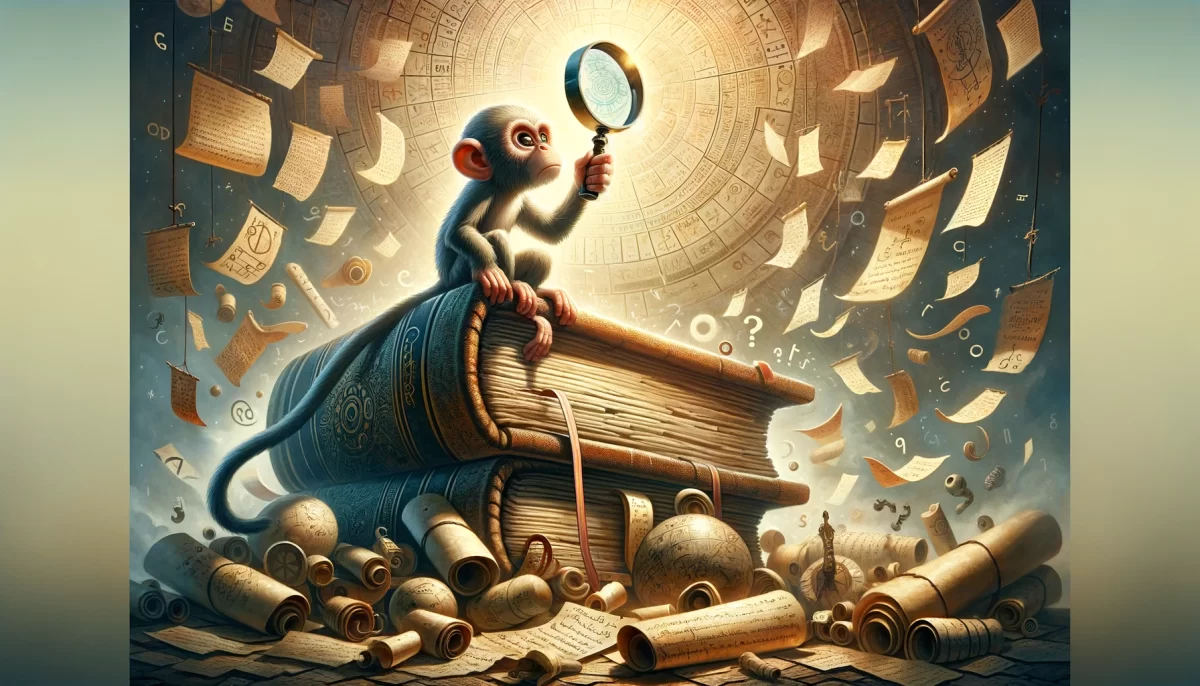


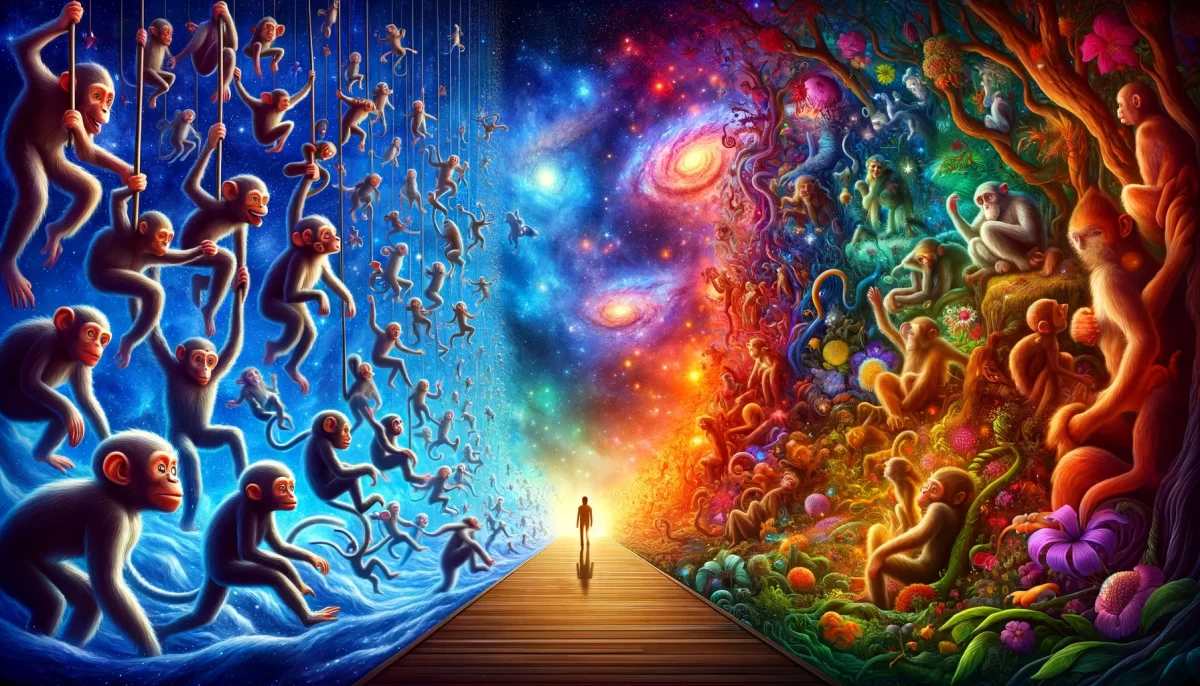
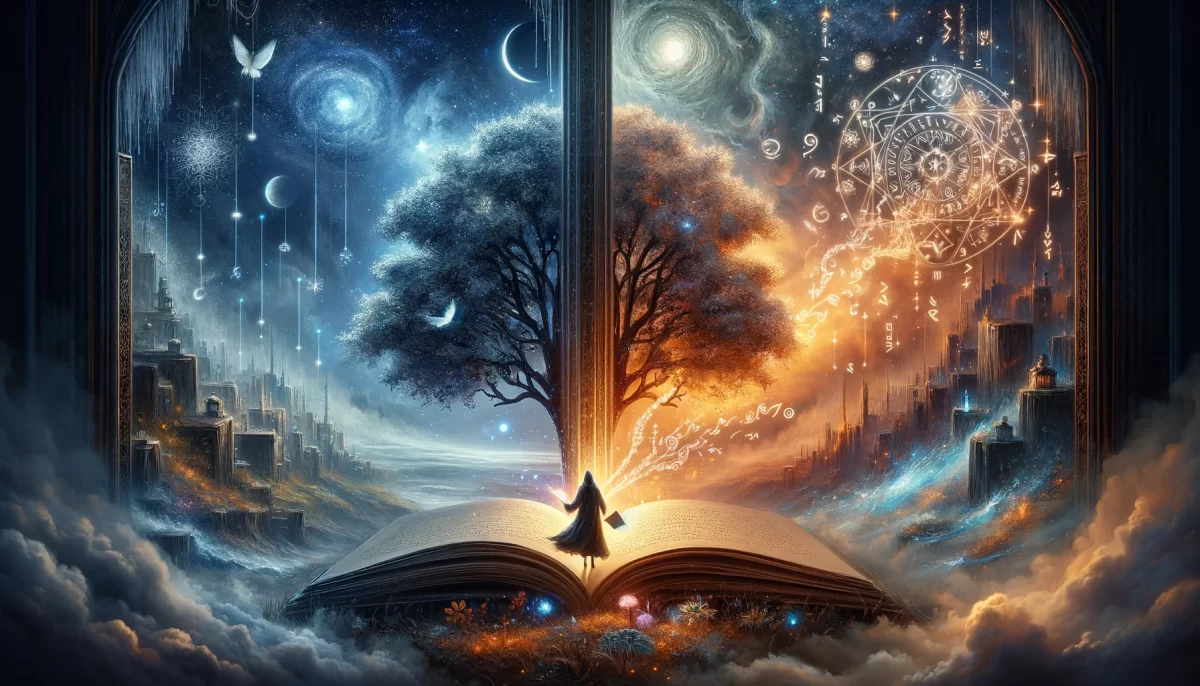
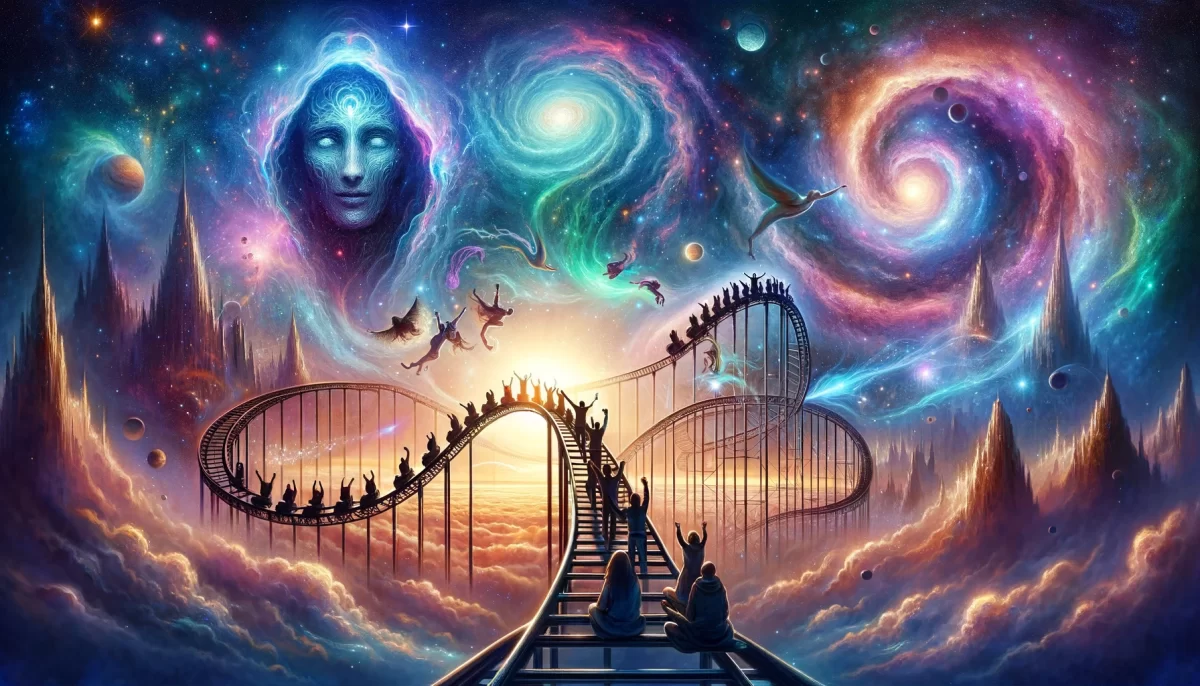
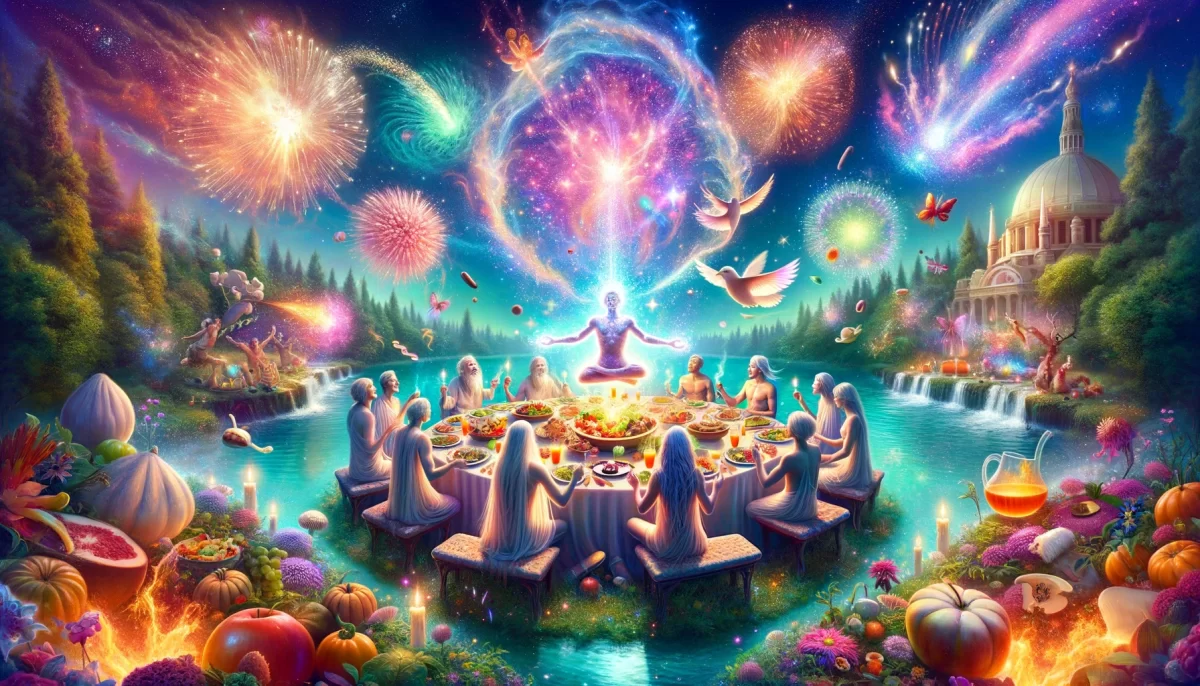
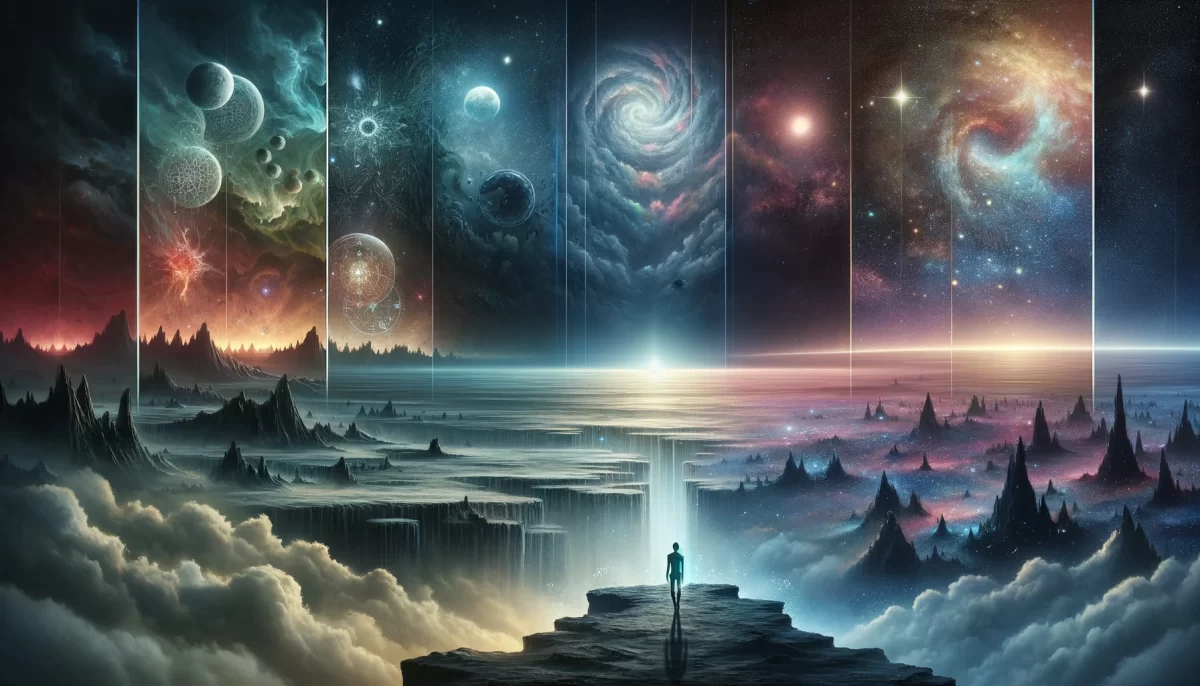
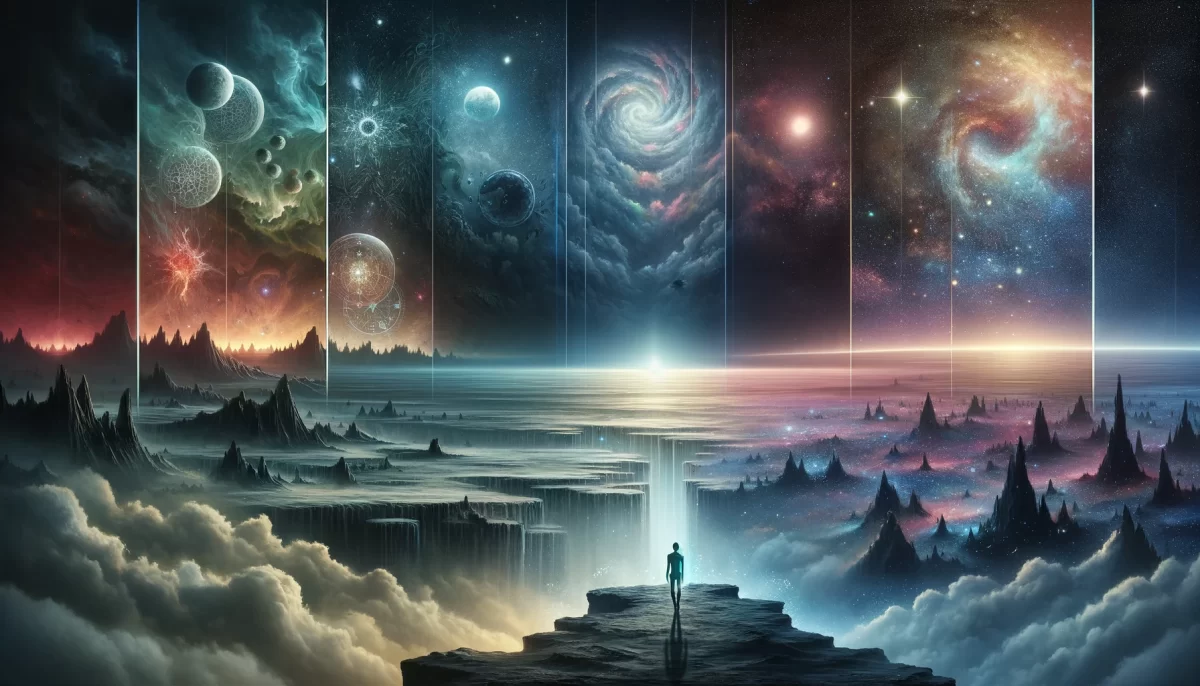
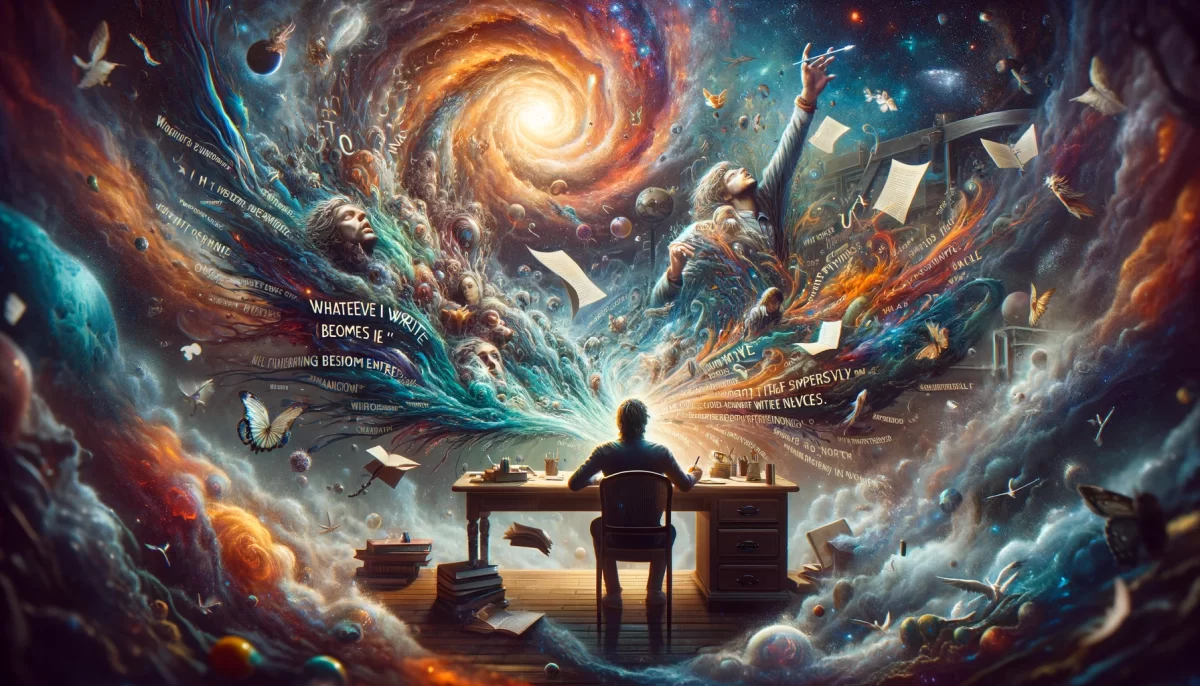
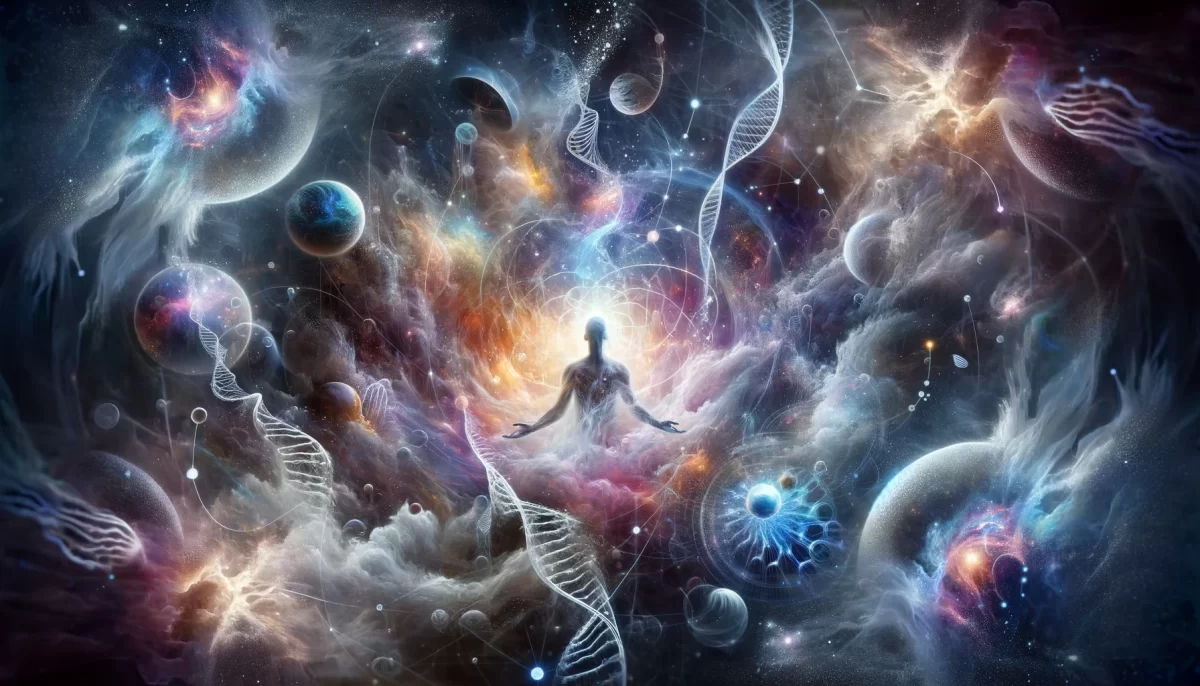
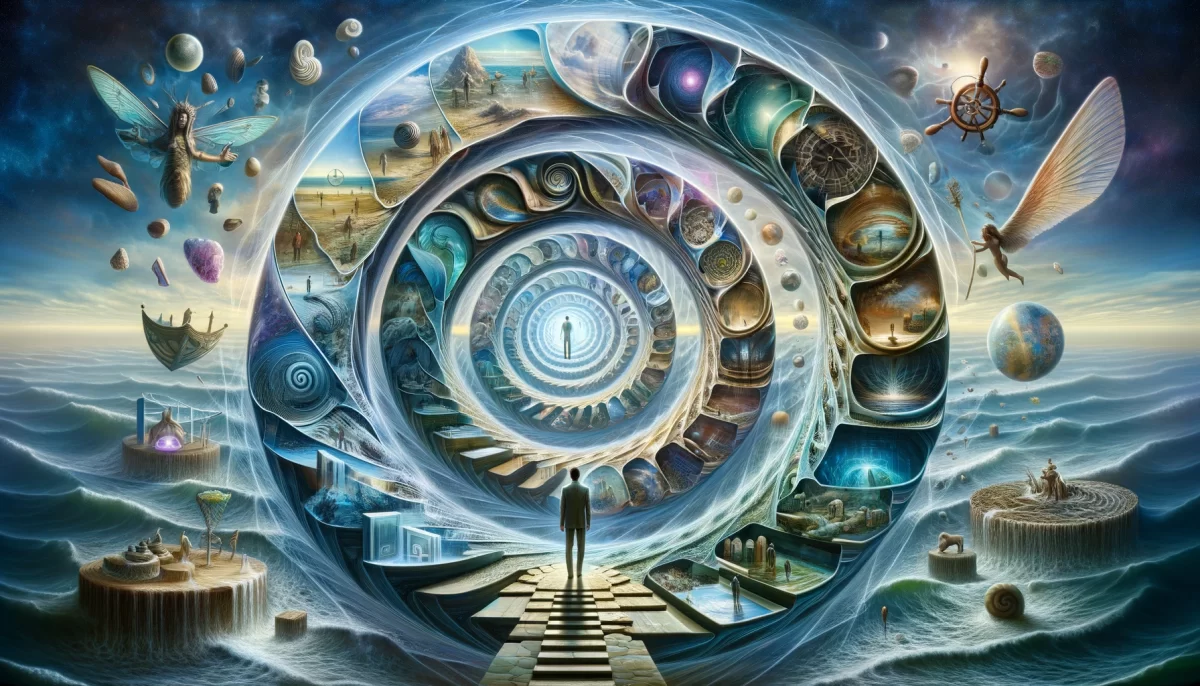
Leave a Reply